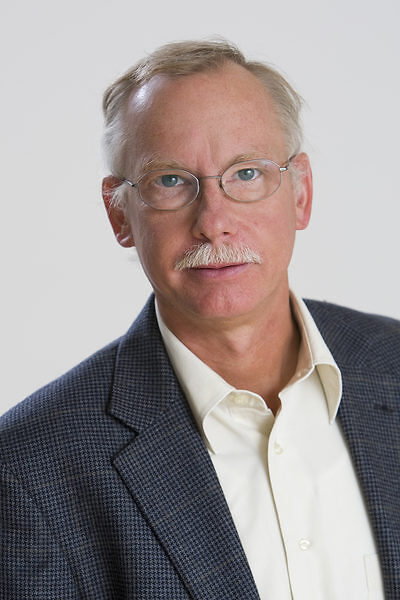Talk by Dr. Franz-Ulrich Hartl “Chaperone Functions in Protein Folding and Proteome Maintenance”

Date
Location
Description
【Abstract】
The past two decades have witnessed a paradigm shift in our understanding of cellular protein folding. While the three-dimensional structures of functional proteins are determined by their amino acid sequences, it is now firmly established that in the cell many proteins depend on molecular chaperones to reach their folded states efficiently and on a biologically relevant time scale. Assistance of protein folding is provided by different types of chaperone which act to prevent misfolding and aggregation, often in an ATP-dependent mechanism. Molecular chaperones also cooperate with the degradation machinery (ubiquitin-proteasome system and autophagy) in the removal of terminally misfolded proteins.
Once folded, many proteins continue to require chaperones to retain their functional states, especially under conditions of cell stress. Failure of the chaperone network to maintain proteostasis, i.e. the conformational integrity of the cellular proteome, facilitates the manifestation of diseases in which proteins misfold and are deposited as aggregates, such as Parkinson’s and Huntington’s disease.
【Biography】
Through most of his research career Dr. Hartl has focused on understanding the mechanisms and machineries of cellular protein folding. In the late 1980s he discovered, jointly with A. Horwich at Yale, that the folding of newly-synthesized polypeptide chains into their biologically active conformations is mediated by molecular chaperones, overturning the previously held view that folding occurs spontaneously. He subsequently elucidated the basic mechanism of the chaperonins, an essential type of chaperone, in allowing protein chains to avoid aggregation by sequestering protein molecules individually within an enclosed cage made of multiple subunits. He developed the concept of defined cellular folding pathways in which different classes of chaperone, such as the Hsp70s and chaperonins, act sequentially. His recent work focuses on the role of the chaperone machinery in controlling the pathologic aggregation of proteins underlying neurodegenerative diseases.
Dr Hartl received an MD and doctoral degree in biochemistry from the University of Heidelberg. In 1985 he joined the department of Walter Neupert at Munich University, where he worked first as a post-doctoral fellow and then as a group leader. The period at Munich University was interrupted by a stay with William Wickner at UCLA. In 1991 he moved to New York to join the faculty of Sloan-Kettering Institute in the newly-formed department of James Rothman. In 1993 he was promoted to Member and Professor with tenure and in 1994 was made HHMI investigator. In 1997 he returned to Munich as the Director of the Department of Cellular Biochemistry at Max Planck Institute of Biochemistry.
Dr Hartl has received, among others, the Canada Gairdner International Award in 2004, the Heineken Prize in Biochemistry and Biophysics in 2010, the Warburg Medal in 2009, the Lasker Basic Medical Award in 2011, the Shaw Prize in 2012 and the Albany Prize in 2016. He is a Member of the German Academy of Sciences Leopoldina, a Fellow of the American Academy of Arts and Sciences, and a foreign member of the National Academy of Sciences.
Subscribe to the OIST Calendar: Right-click to download, then open in your calendar application.



